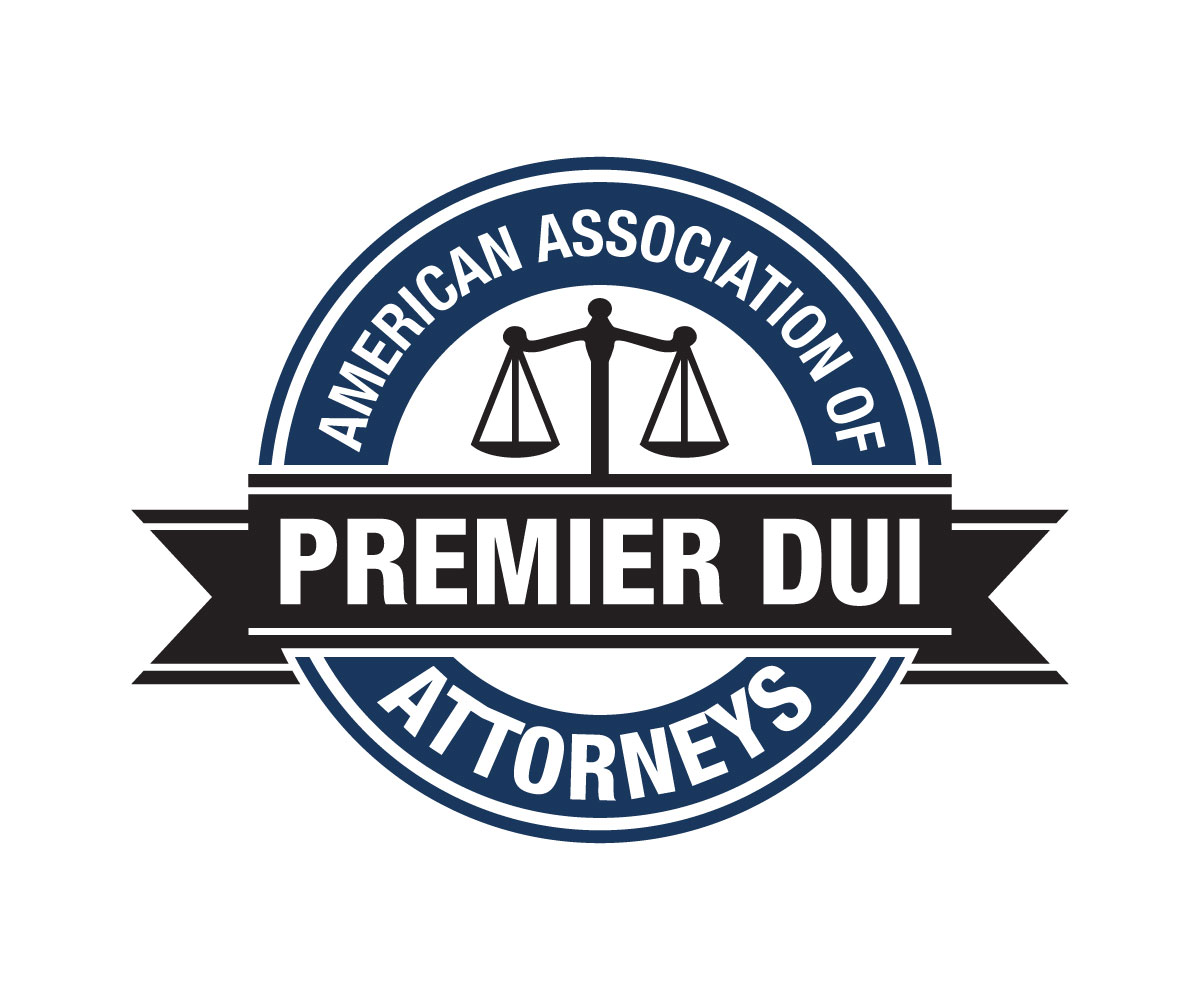Zachary C. Holbrook P.C. Frequently Asked Questions:
1. Can I refuse a breathalyzer, blood, or urine test from the police?
You have the right to refuse any kind of alcohol or blood test police want to administer. Not only can you refuse, you should refuse a field breathalyzer test and opt for a blood test when possible. Blood tests are more accurate and tend to give lower BAC results due to the time that passes after leaving the scene. If you refuse all tests, law enforcement has the right to take your license from you.
2. Are breath, blood, and urine tests always accurate?
No, these tests are far from accurate, but chemical blood tests tend to be more accurate than field breathalyzer tests. If you are subjected to a breathalyzer test – which you have a right to refuse at the scene – your attorney will carefully review the results and assess how the test was handled. For instance, it is important to note when the breathalyzer device was last calibrated because it can have a significant impact on the accuracy of the testing results.
3. What is arraignment?
An arraignment is the formal reading of a criminal charging document in the presence of the defendant. It serves to inform the defendant of the charges against him or her. Once the arraignment has been read, the accused is expected to enter a plea of guilty or not guilty. The judge then sets the follow-up court date and attorneys determine if they want to make any motions or discovery demands.
4. When do the police need a warrant to make an arrest?
It’s possible to make an arrest with or without a warrant. Two instances police need a warrant to make an arrest include when the arrest occurs inside of a home or if the arrest is for misdemeanor crimes. Examples of when an arrest could be made without a warrant include when law enforcement is in pursuit of a suspect who enters a home, law enforcement believes someone inside a home is in danger or will destroy evidence, or law enforcement is invited into the home.
5. When should I talk to the police?
The only time you should speak to the police is when your lawyer is present. If you are arrested, you have a right to not say anything and to wait until a lawyer arrives to speak. You also have a right to refuse to answer any questions you are asked with your lawyer present. And if you are being asked questions and you were not arrested, it is still a good idea to consult a lawyer before sharing information.
6. What should you do if stopped for a DUI?
If you are stopped because police suspect you of drinking while under the influence, you should obey their command to stop and be polite. This does not mean you need to agree to do everything they ask you to do. As a matter of fact, it is important not to say anything that will incriminate you. You should answer their questions honestly, but refuse the field tests and instead ask to have a chemical test at the police station.
7. If I know I am guilty, do I even need a lawyer?
An experienced criminal defense lawyer can challenge the prosecution’s evidence against you. Illegal searches and seizures and improper questioning of suspects are two of the errors commonly made by law enforcement.
Even if the evidence proves that you are guilty of the crime an experienced attorney who knows the criminal process can often negotiate a reduction of the charges or a reduction in the sentence through plea bargaining.
8. Will I have a criminal record forever?
Whether or not you can have your criminal record erased or sealed varies a great deal based on your location and the crimes you were accused of committing. At the very least, you’ll need to satisfy all of the requirements of your conviction before your record can be erased and then you must wait a certain period of time before doing so. The rules regarding your criminal record vary if you were convicted of a crime before turning 18.





